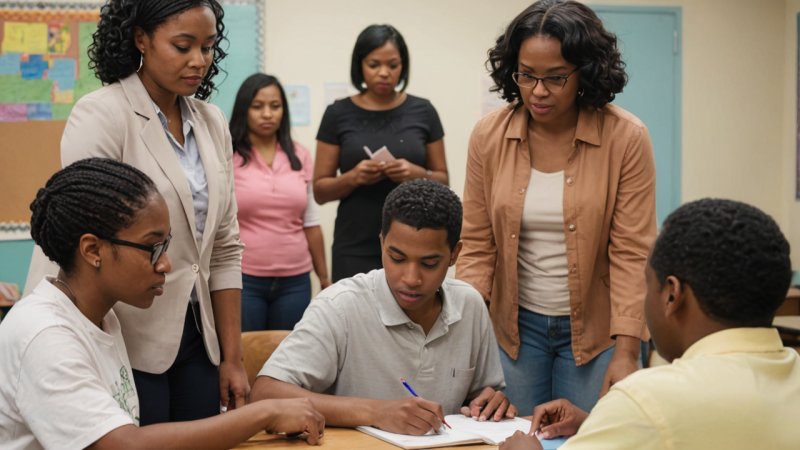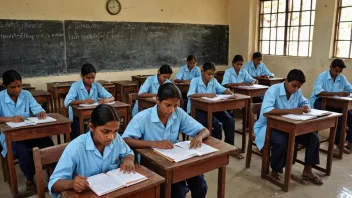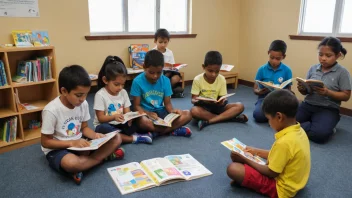1. Establish Community Learning Centers
Community learning centers act as hubs for education and resource sharing. They provide a safe space for individuals to learn new skills, gain knowledge, and access educational materials. These centers can also host workshops, tutoring sessions, and community meetings.
2. Foster Inclusive Education Programs
Inclusive education ensures that all individuals, regardless of their background or abilities, have access to learning opportunities. By developing programs that cater to diverse needs, communities can empower every member, fostering a sense of belonging and participation.
3. Train Local Educators
Local educators play a crucial role in rebuilding communities post-crisis. Providing training and resources to teachers helps improve educational quality and ensures that the curriculum is relevant to the community's needs and culture.
4. Implement Technology in Education
Integrating technology into education can enhance learning experiences and broaden access to information. Mobile learning platforms, online courses, and educational apps can provide valuable resources, especially in areas with limited physical infrastructure.
5. Promote Mental Health Awareness
Post-crisis environments can be traumatic, affecting mental health. Educational programs that include mental health awareness and support can help individuals cope with their experiences and foster resilience within the community.
6. Encourage Parental Involvement
Engaging parents in the education process is vital. Providing resources and workshops for parents can help them support their children’s learning and reinforce the importance of education within the family unit.
7. Collaborate with NGOs and Local Governments
Partnerships with non-governmental organizations (NGOs) and local governments can facilitate the development and implementation of educational programs. These collaborations can leverage resources, expertise, and networks to better serve the community’s educational needs.
8. Focus on Vocational Training
Vocational training equips individuals with practical skills needed for employment. By offering vocational programs, communities can help individuals gain independence and contribute to the local economy, which is crucial for recovery.
9. Create Safe Spaces for Youth
Youth are particularly vulnerable in post-crisis situations. Establishing safe spaces for young people to gather, learn, and express themselves can help mitigate the risks of violence and exploitation while promoting positive development.
10. Advocate for Educational Policy Changes
Advocacy for policy changes at local and national levels can lead to improved educational systems. Engaging community members in discussions about educational reforms ensures that their voices are heard and their needs are met.
In conclusion, education plays a pivotal role in empowering communities post-crisis. By establishing learning centers, promoting inclusive programs, and collaborating with local organizations, communities can rebuild and thrive. Each initiative contributes to a supportive environment that fosters growth, resilience, and empowerment.






